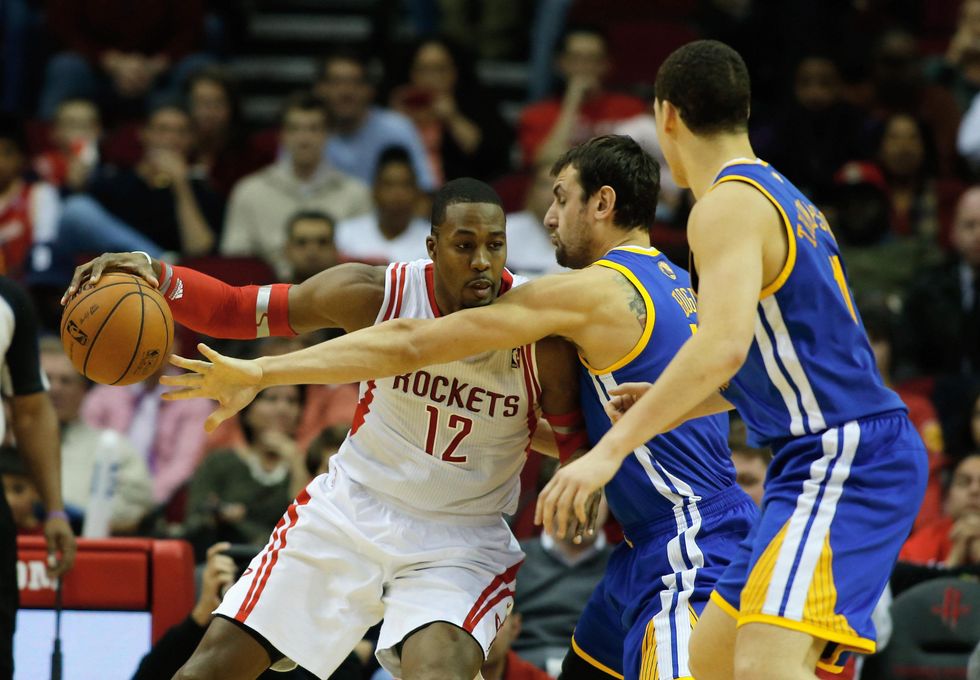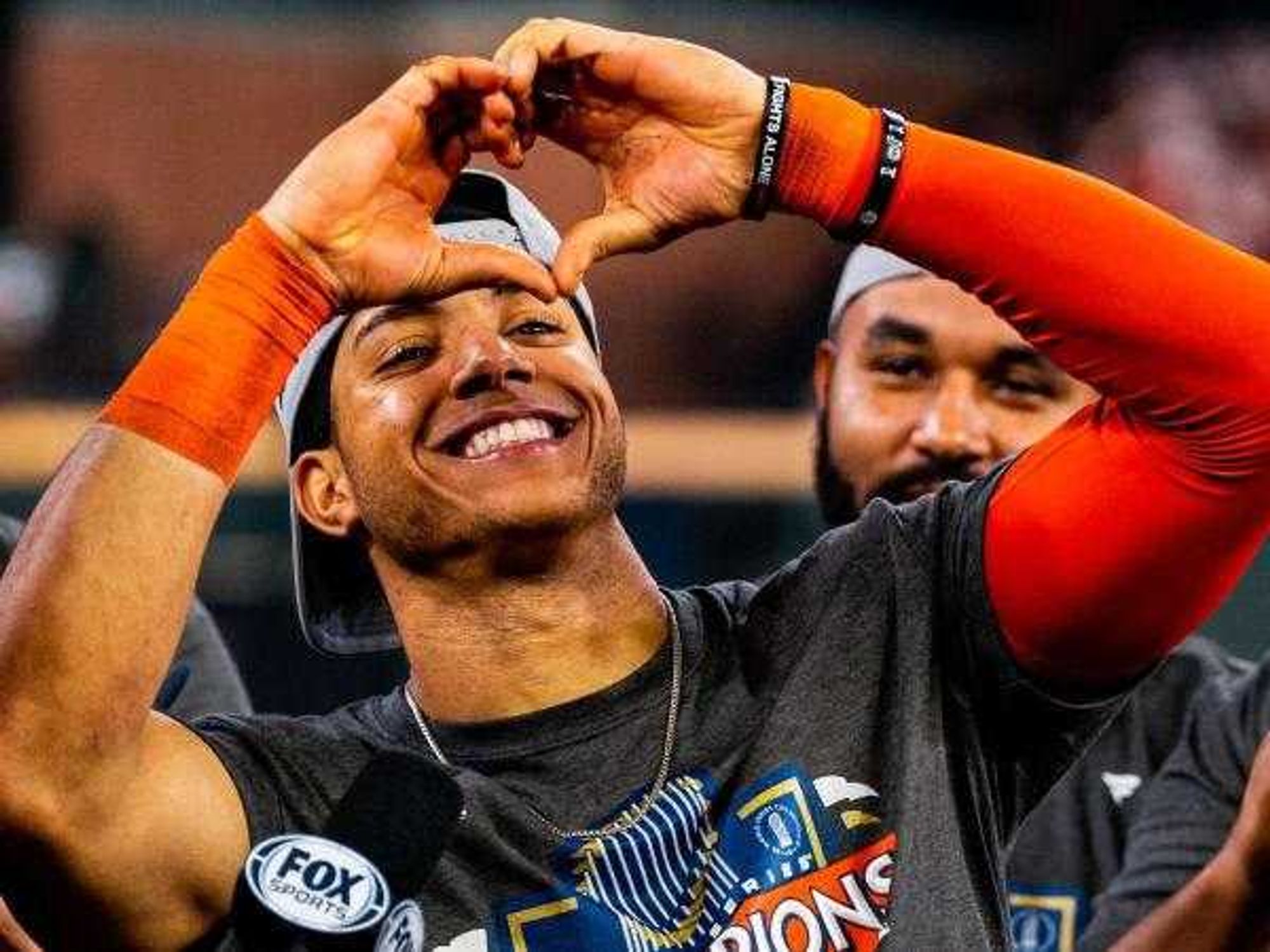Inside Hoops
No trade, big problem: Rockets' giant issues will be exposed until Omer Asik embraces staying
The Houston Rockets opted to punt on trading disillusioned center Omer Asik for reasons that remain opaque yet in all likelihood were grounded in irrefutable logic given the lack of value the organization was reportedly set to receive in return.
At last check, following a series of rumors involving suitors from Phoenix to Philadelphia to Cleveland to Atlanta, the Boston Celtics offered the Rockets forward Brandon Bass, swing man Courtney Lee, and a first-round draft pick in exchange for Asik, whose limited abilities as an offensive threat are easily offset by his exceptional rebounding talent and rim protection gifts. Given his fondness of assets, Rockets general manager Daryl Morey likely attached equal value to the pick as he did to Bass and Lee before talks collapsed.
However, the tantalizing lure of an unprotected draft selection cannot negate the contributions of Asik, even during a season in which he has been distractingly ailed and/or annoyed while glued to the end of the bench.
The Rockets flirted with the idea of moving forward without Asik, but their title aspirations remain hinged to skills that are in short supply.
Bass, as his shot chart can attest, was a poor fit for the Rockets. His penchant for midrange jumpers and relative lack of effectiveness in the painted area and behind the arc runs contrary to the Rockets' fundamental tenets of prolific 3-point shooting and paint productivity. He was in no position to supplant Terrence Jones as the starting power forward, leaving the vacated role of reserve center as his most viable option in the playing rotation.
Bass, given his relative lack of height, could not provide the interior defense and board work the Rockets sorely need.
Having played for four teams during his six-year career, Lee has lived a moderately nomadic NBA existence. He was a model of consistency during his 139-game run with the Rockets (2010-12), producing the exact same Player Efficiency Rating (12.6) in both seasons while duplicating his 53.4 true shooting percentage. Lee would have been an upgrade over Francisco Garcia as a perimeter defender, but his modest volume as a perimeter shooter — Lee is taking a career-low 1.5 3-pointers per game — diminishes his career-best 48.6 percentage from deep.
Bass and Lee clearly possess skills unique to the current Rockets rotation, but their addition would not have impacted the Rockets' standing in the Western Conference. The same cannot be said of Asik, who has participated in only nine games since the failed "Twin Towers" experiment pairing Asik with center Dwight Howard crumbled. Before Howard signed with the Rockets and Asik sullied his reputation with petulance, Asik averaged career highs in points (10.1), rebounds (11.7) and minutes (30.0) in his first season in Houston.
The accommodation of Howard in the starting lineup yielded a substantial decline in minutes for Asik to 18.3 per game, and subsequently a precipitous fall in average points (4.4) and rebounds (6.8) per game.
However, Asik has maintained his influence as a rebounding force and as a steadying defensive presence despite his relegation to the bench. The drop in his rebounding rate from last season (21.9 percent) to this season (20.8 percent) has been nominal, as has his rebounds per 36 minutes (14.0 in 2012-13 to 13.3 through 17 games this season). The Rockets have been a far more efficient team defensively with Asik on the court (96.9 points allowed per 100 possessions) than with him on the bench (102.1 defensive rating).
New Rockets Beginning?
Given optimal health and acclimation to his new role, Asik could offer the rim protection and rebounding the Rockets have lacked over the last seven games during which Asik has grappled with a thigh contusion.
Of course, getting Asik to buy in as a reserve has been an arduous task. He balked initially upon being extracted from the starting lineup, and Asik is sure to be disappointed with the circumstances surrounding the Rockets' inability to relocate him given how public the banter had been. Rockets coach Kevin McHale book-ended Wednesday night's 109-94 win over the Chicago Bulls with sentiment expressing the Rockets' need for Asik to lend his talents to the team.
Bass, as his shot chart can attest, was a poor fit for the Rockets.
At the time those comments sounded disingenuous. Now, they represent a call to arms.
Especially after that 33-point loss at Indiana Friday night. Asik didn't even make the trip to the Midwest with his thigh trouble and won't be available against the Detroit Pistons' big frontline Saturday night either.
This rigmarole could play out again as the trade deadline approaches in February, but in the interim the Rockets and Asik appear bound together. It would behoove both sides to make the most of this union, no matter how temporary.
The Rockets flirted with the idea of moving forward without Asik, but their title aspirations remain hinged to skills that are in short supply.


